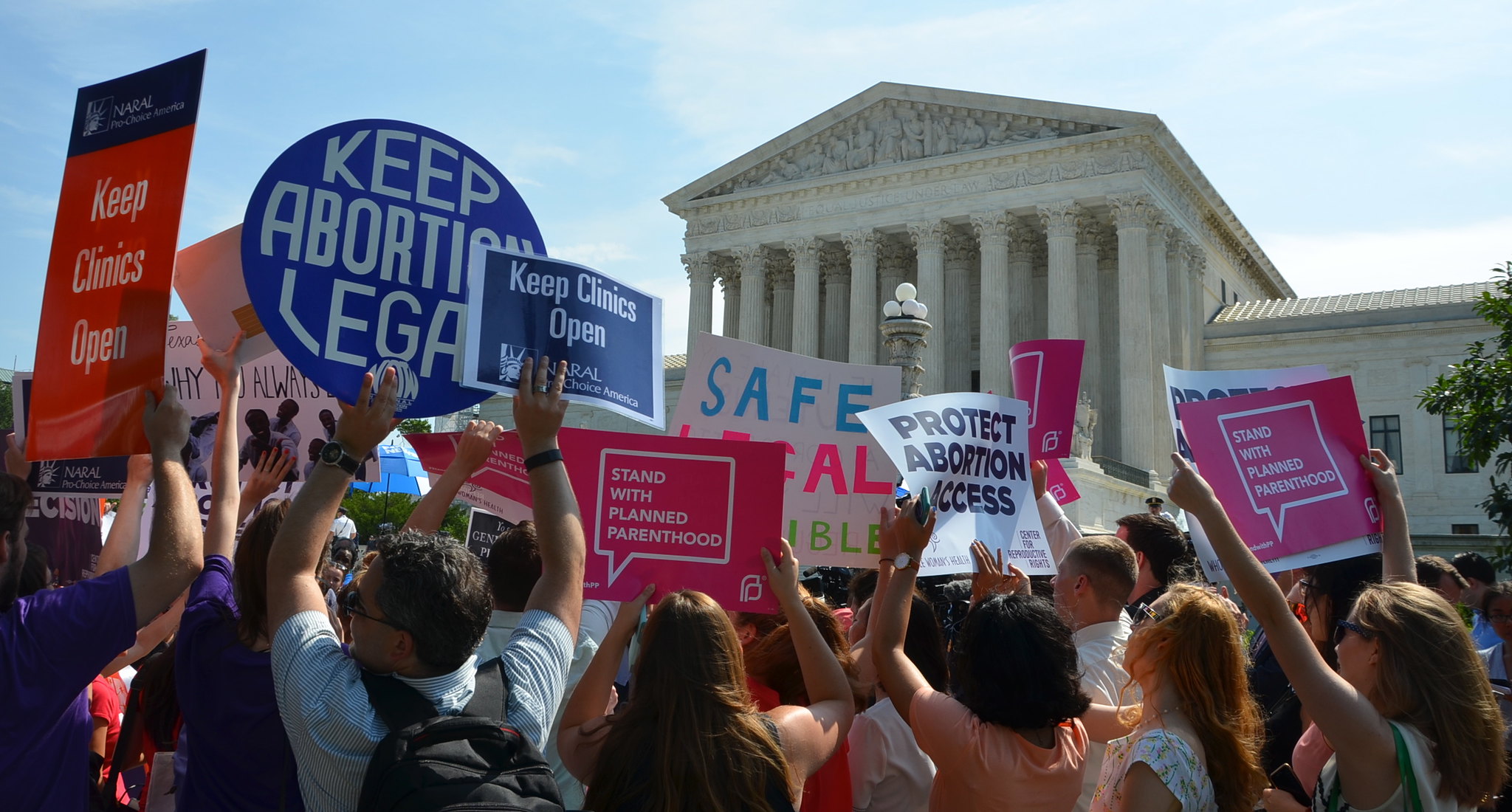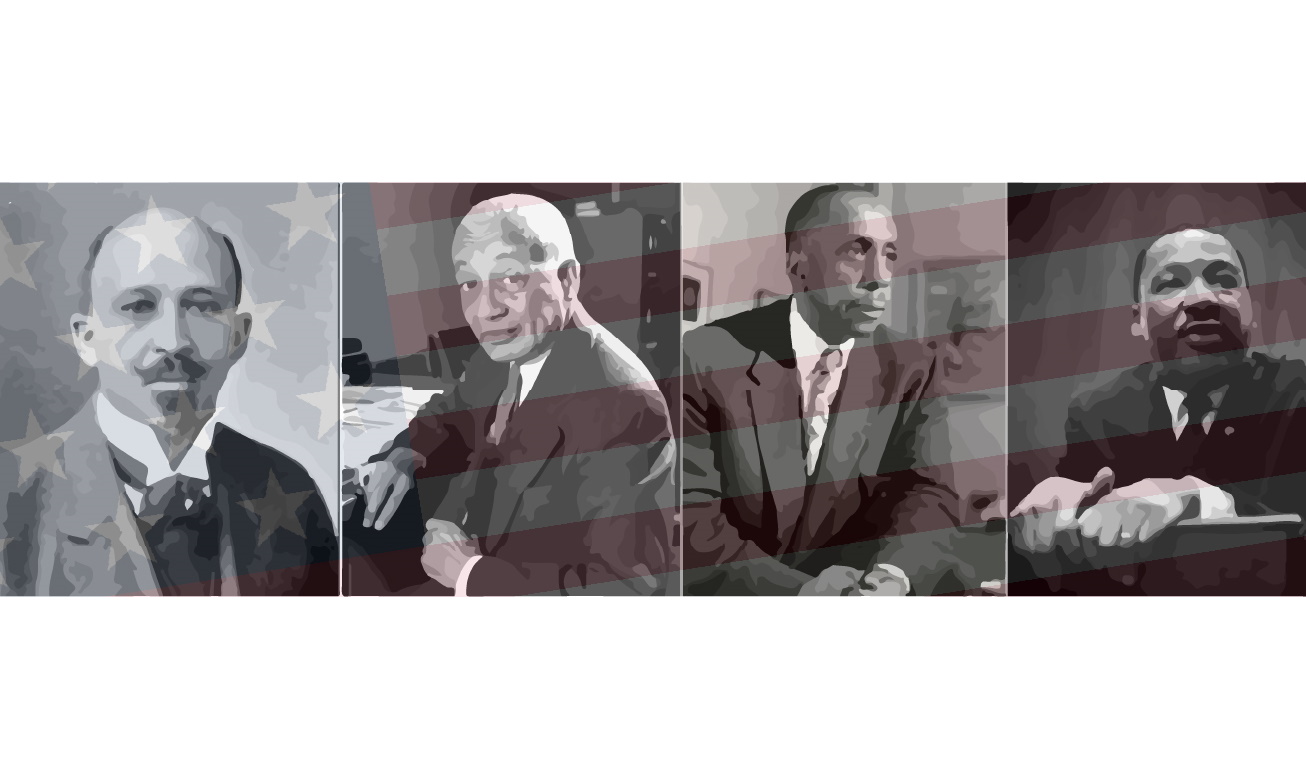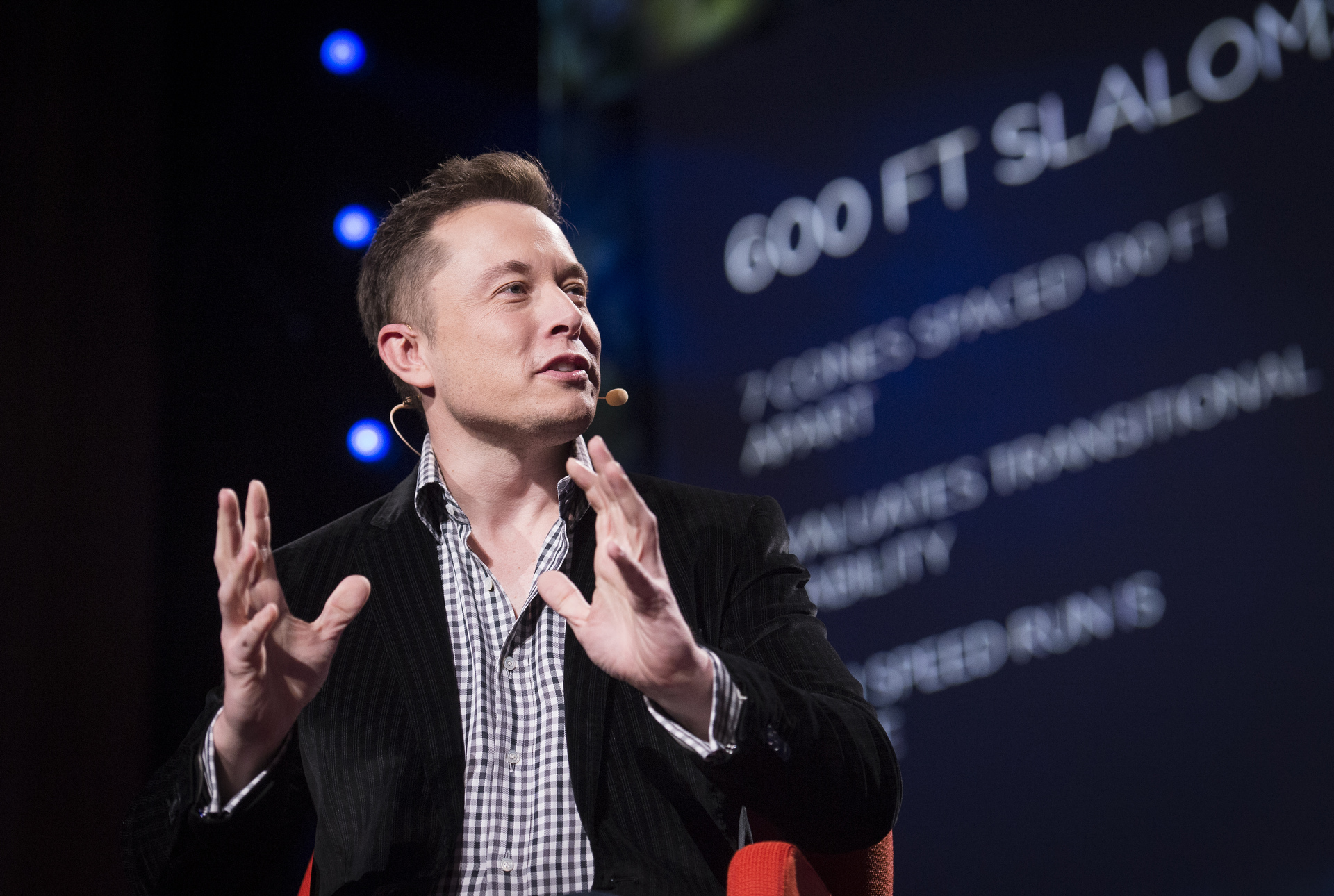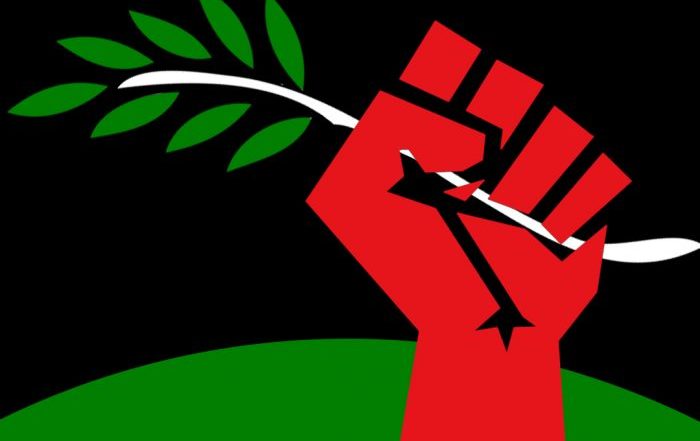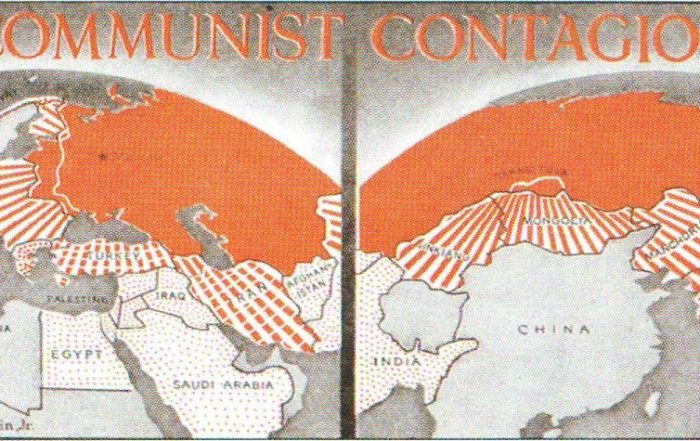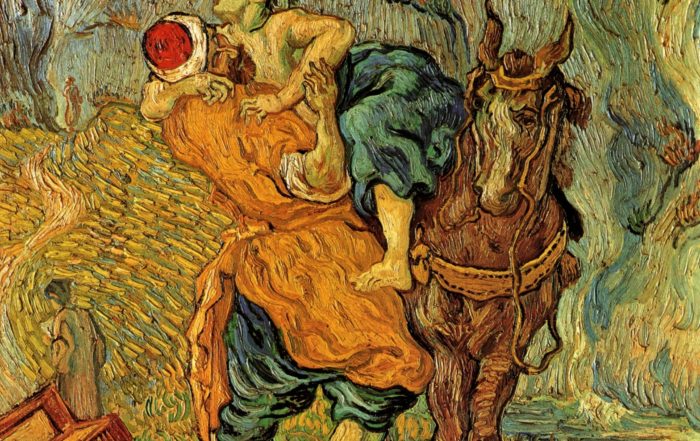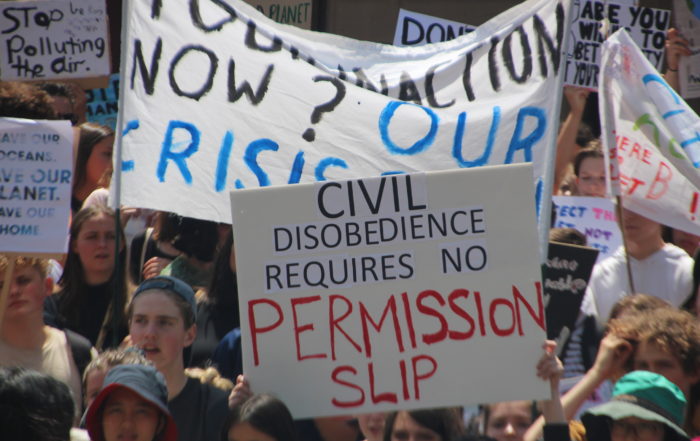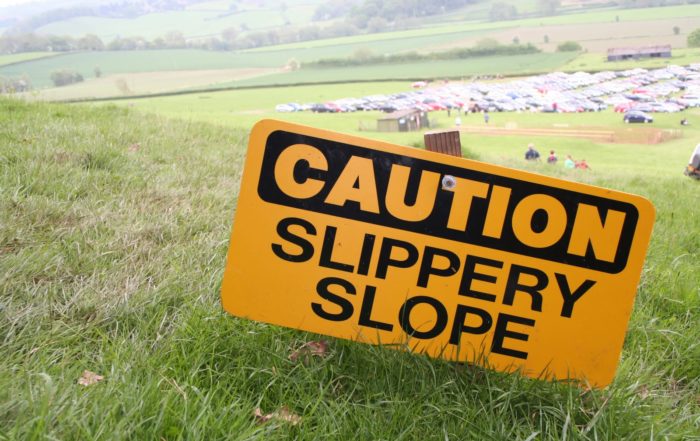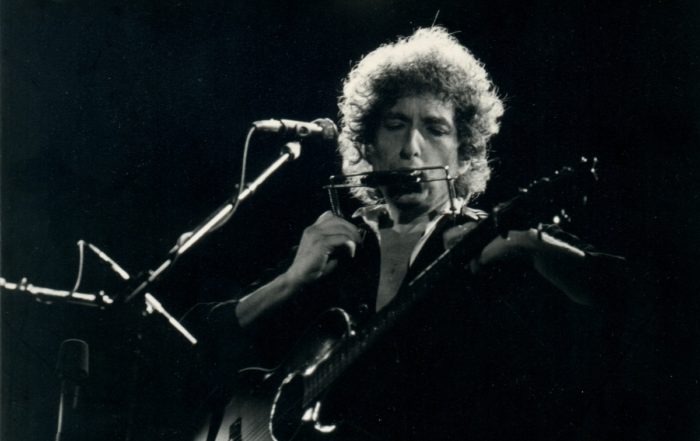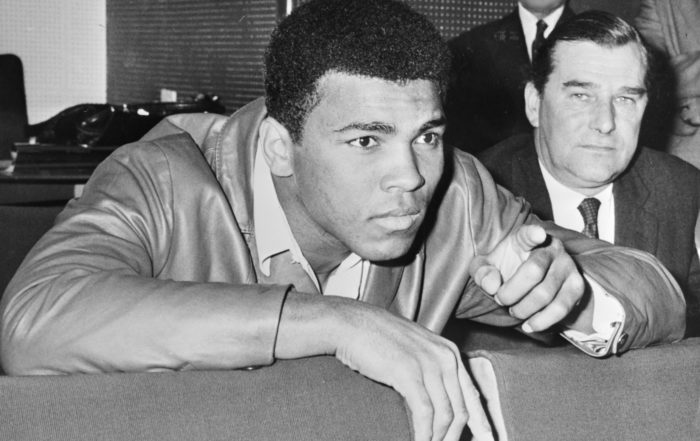SPOTLIGHT
THEORY
Ecosocialism vs. the Green New Deal
One could ask, from the perspective of the left, does the Green New Deal go far enough? Does it address the fundamental assumptions of the US economy that led to climate catastrophe?
Why Did Socialism Fail?
...like industrial capitalism, alienation pervaded every aspect of life under industrial “socialism.”
An Unobtrusive Conversation with Dr. Joe Forgas
Simply put he found that when people are experiencing sadder, more negative moods they tend to process information more comprehensively.
PRACTICE
Untangling popular “pro-choice” claims and arguments concerning abortion
I favor the pro-life position on the abortion issue, all the while realizing that many good and decent people disagree with me. Why do they disagree? It seems they are influenced by popular claims and arguments favoring the pro-choice view. I intend no disrespect to anyone in saying this, but I think that many popular claims and arguments favoring the choice for abortion consist of knots of illogic that should be untangled.
Philosophical Arguments for Abortion
Arguments for ethical and legal conclusions on the topic of abortion are often pursued dialectically, with positive arguments developed in response to contrary positions and objections. Many people say they just “feel” that abortion is wrong or their “opinion” is that it’s not wrong. But complex issues require informed, fair and honest critical thinking, not just mere “feelings” or “opinions.”
Civil Disobedience and the Separation of Powers
From an Arendtian concept of power, we might argue that a more effective way to think about restoring the proper balance of power within the government is civil disobedience.
JUSTICE
ARTS & LETTERS
Chuck Klosterman and Relative Morality
When I was fifteen I had ridiculous opinions. Of course, at the time I didn’t think they were ridiculous, I thought they were well deliberated, intelligent, and insightful. When I was fifteen, I was of the opinion that we shouldn’t legalize gay marriage. Now, I couldn’t imagine holding this opinion, and I even look disdainfully upon those who do. How can my opinion change this fast? And how certain can I be of my current opinion, or will it too change? Chuck Klosterman’s newest book, "But What If We’re Wrong?: Thinking About The Present As If It Were The Past" explores these problems through the question of how future society will look back upon us and our opinions.
Chimes of Freedom: The Politics of Bob Dylan’s Art
Bob Dylan’s winning the 2016 Nobel Prize for Literature – the most coveted literary prize in the world – presents us with an opportune moment for looking back on his long and astonishing career as a constantly evolving musical icon. Dylan’s originality as a surrealist lyricist was elevated by his engagement with profound social and political themes, what Mike Marqusee calls “the politics of Bob Dylan’s art.”
Muhammad Ali and the Spirit of the Sixties
Muhammad Ali was more than just king of the ring. He was a political figure with enormous influence. Too many people today, perhaps especially young people, are unaware of this important fact. It is a fact worth recalling. The social conflicts informing the revolutionary turbulence of the 1960s are still with us, and in some ways are more extreme now than they were then.




